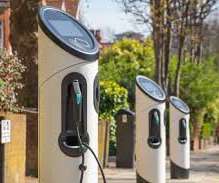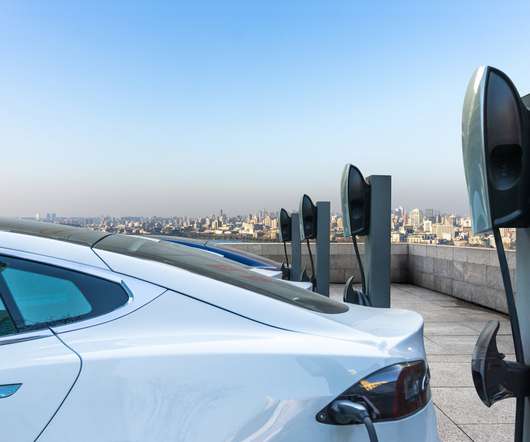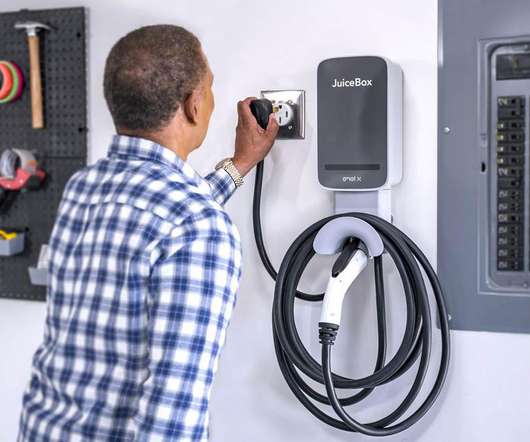Electrify America collaborating with nine additional companies to host more than 30 ultra-fast electric vehicle charging stations
Green Car Congress
APRIL 25, 2019
The companies, ranging from popular grocery store chains to retail shopping centers, will help expand the availability of electric vehicle DC fast charging for customers who drive or are considering purchasing an EV.

















Let's personalize your content